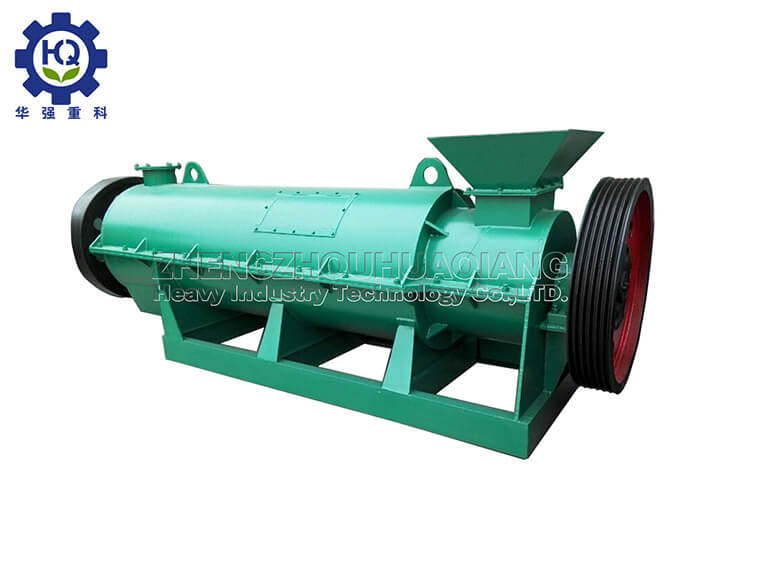Organic fertilizer granulator machine can effectively solve the environmental pollution caused by the excrement discharge of the aquaculture industry, thereby reducing the eutrophication caused by surface and groundwater pollution caused by organic waste, which is conducive to improving the safety and quality of agricultural products, and for the comprehensive cultivation of edible green vegetable melons If a good foundation is laid, the ecological and environmental benefits are extremely significant.

The characteristics of the organic fertilizer granulator are:
1. The granules produced are spherical.
2. The organic matter content can be as high as 100%, to achieve pure organic matter granulation.
3. The organic particles can be inlaid with each other under a certain force, and there is no need to add a binder during granulation.
4. The granules are solid and can be sieved after granulation to reduce drying energy consumption.
5. The organic matter after fermentation does not need to be dried, and the moisture content of the raw material can be 20-40%.
The scope of application of organic fertilizer granulator is also very wide. The finer the basic particles of organic materials, the higher the sphericity of the particles and the better the quality of the balls. It is generally required that the particle size of the material before granulation should be less than 200 mesh. Typical application materials: chicken manure, pig manure, cow dung, charcoal, clay, kaolin, etc. It is specially used for granulation of organic fermented fertilizers for municipal solid waste, such as organic manure, animal manure, manure, manure, composted manure, green manure, sea manure, cake manure, peat, soil and other fertilizers, three wastes, microorganisms The particles are irregular spheres. The qualified granulation rate of the granulator is over 90%, which is suitable for many different formulas. The granulator is best for direct granulation after fermentation of organic fertilizer.